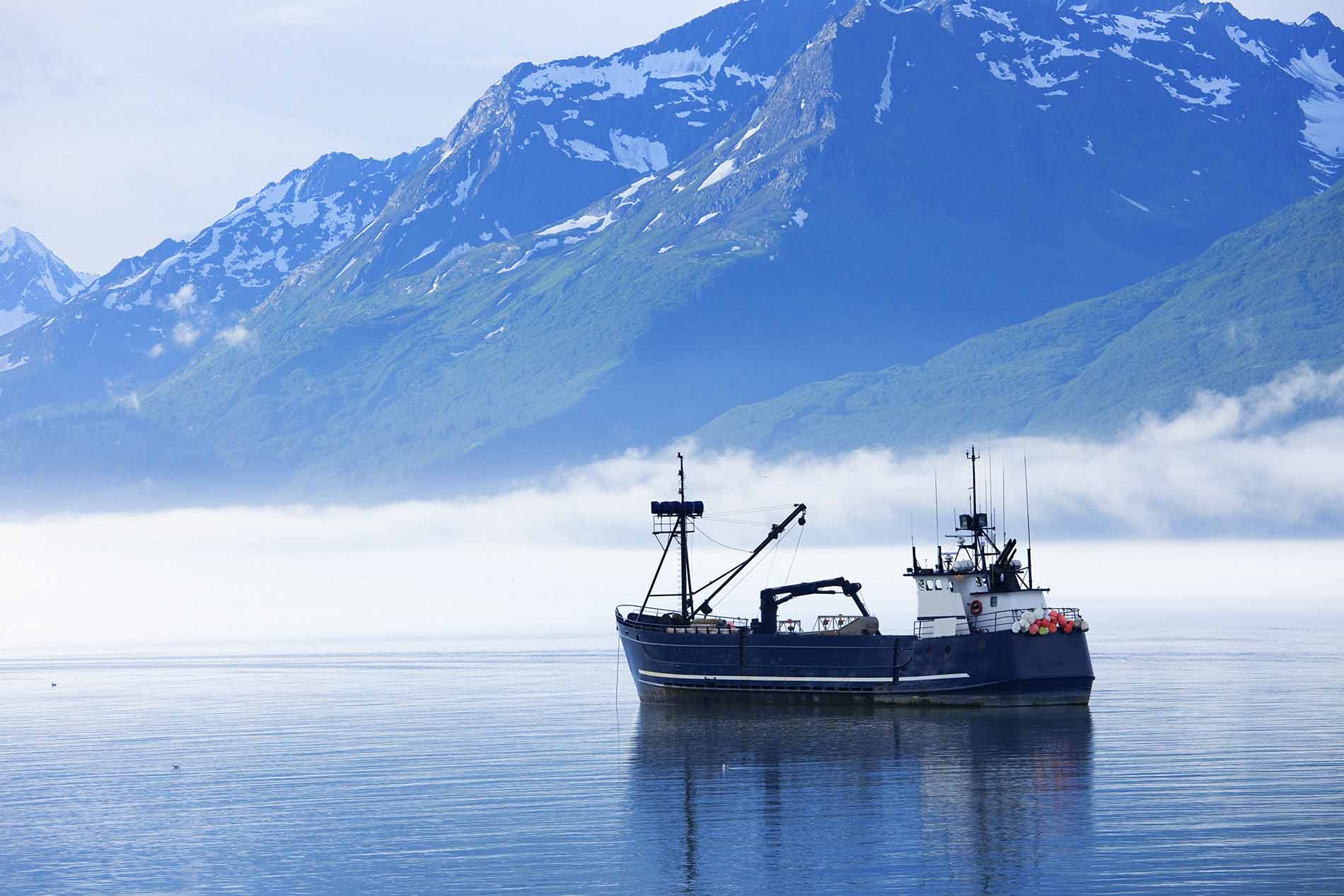Fisheries Observers
If the same question comes up twice in one week, then it’s probably worth discussing in a blog article. The question involves personnel on board vessels for the purpose of observing fish. What remedy does one of these “fisheries observers” have in the event of an injury at work?
In many cases, it’s straightforward.
Federal statutes such as the Magnuson-Stevens Fisheries Conservation and Management Act (commonly referred to as the Magnuson-Stevens Act, MSA, or the Fisheries Act) authorize the federal government to require that certified fisheries observers be carried on board commercial vessels subject to a fishery management plan. The purpose of these plans is to conserve and manage fish resources off the coasts of the United States. These plans are under the jurisdiction of the National Oceanic and Atmospheric Administration (NOAA) in the Commerce Department.
Private companies contract with NOAA to place their fisheries observer employees on board the fishing vessels.
The federal authorizing statutes provide that observers on board fishing vessels under these plans are deemed to be federal employees, covered for workplace injuries under the Federal Employees Compensation Act (FECA). They are not crewmembers.
And since the Longshore Act expressly excludes from coverage employees of the United States, they are not covered by the Longshore Act.
Their remedy is to file a workers’ compensation claim with the Office of Workers’ Compensation Programs in the U.S. Department of Labor under FECA. The U.S. government self-insures its workers’ compensation obligations, so it is not necessary to insure a FECA exposure in the private insurance market.
That part is straightforward. But what if the fisheries observers are on board the fishing vessels pursuant to a state statute or a private contract and not a federal statute? Then they are not deemed to be federal employees covered by FECA. What is their remedy for a workplace injury? What is their employer’s exposure?
The fisheries observer employees have three choices. If they can satisfy the test for crewmember status, then they have the seamen’s remedies under the Jones Act and the general maritime law. If they do not qualify as crewmembers, then they have a workers’ compensation claim under either state act or the Longshore Act.
Since they are employed upon the navigable waters of the United States (including the high seas), then it is likely that they would be covered under the Longshore Act by virtue of the U.S. Supreme Court’s decision in Director, Office of Workers’ Compensation Programs, U.S. Department of Labor v. Perini, North River Associates, 459 U.S. 297 (1983). Any injury in the course and scope of employment upon the navigable waters is covered by the Longshore Act, unless excluded by an express statutory provision. (Here’s a past blog where we covered Perini in detail.)


